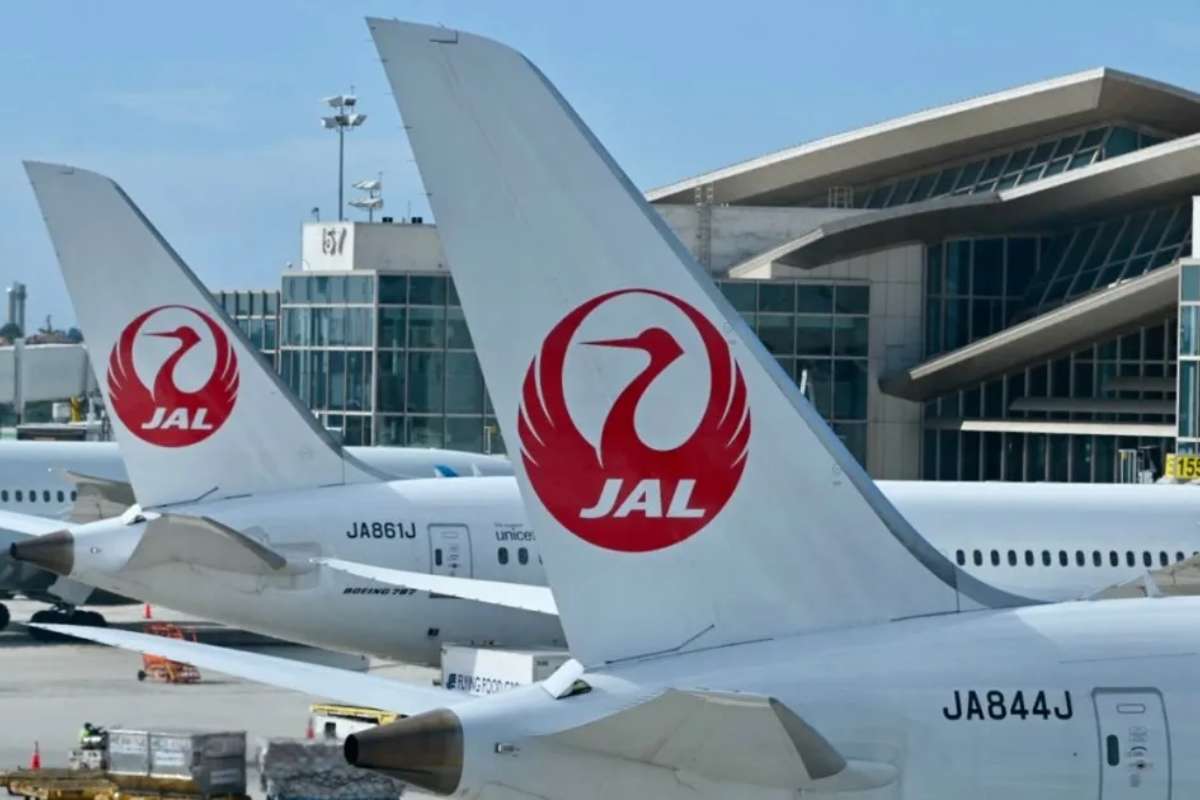Japan Airlines Cyberattack Disrupts Operations
Japan Airlines (JAL) reported that its network was compromised by a cyberattack on Thursday, disrupting several of its operations. The airline confirmed that the attack impacted its luggage services and led to delays in over 20 domestic flights. Flight delays stretched up to one hour, with some passengers facing inconvenience during the early morning hours. JAL briefly halted both domestic and international flight ticket sales in response to the attack. However, the airline assured customers that earlier reservations remained valid, and no personal data was exposed in the breach.
Investigation Underway and Response to the Attack
The Japan Airlines cyberattack, which started at approximately 7:25 a.m., led to temporary interruptions across the airline’s systems. JAL has reported that no major damage was done by the attack, and there were no signs of computer viruses infiltrating its network. Investigative sources revealed that JAL suspects the incident was a distributed denial-of-service (DDoS) attack. In a DDoS attack, multiple sources send overwhelming amounts of data to a target, causing system slowdowns or complete outages. The airline took immediate steps to contain the situation by shutting down the router suspected to have been compromised. Despite the challenges, JAL is working diligently to restore full service and trace the origin of the attack.
The Japanese government, through Chief Cabinet Secretary Yoshimasa Hayashi, urged JAL to quickly resolve the issue to minimize disruptions. Hayashi addressed the media, explaining that the transport ministry had requested the airline to expedite its efforts to restore services for affected customers.
Passenger Reactions Amid Flight Delays
At Tokyo’s Haneda Airport, passengers experienced delays and some expressed concern over the situation. Many could be seen checking their phones and asking staff for updates. One traveler, a man in his 30s, who was headed to Ishigaki Island in Okinawa, shared his worries about the disruption: “I’ve been looking forward to this year-end trip, but it’s worrying that there’s trouble.” In contrast, Narita Airport, located in Chiba Prefecture, reported a more subdued atmosphere, with fewer signs of confusion.
For passengers like a man in his 60s traveling to Matsuyama in Ehime Prefecture, the timing of the disruption was particularly inconvenient. He described the Japan Airlines cyberattack as “a nuisance during the busy year-end period,” highlighting the strain such incidents place on travelers during peak seasons.
While JAL worked to resolve the issues, other airlines such as All Nippon Airways, Skymark Airlines, Solaseed Air, and Star Flyer reported no such disruptions and continued their operations as usual. The event has underscored the vulnerability of airline systems to cyber threats and the ongoing need for heightened cybersecurity measures in the aviation sector.












